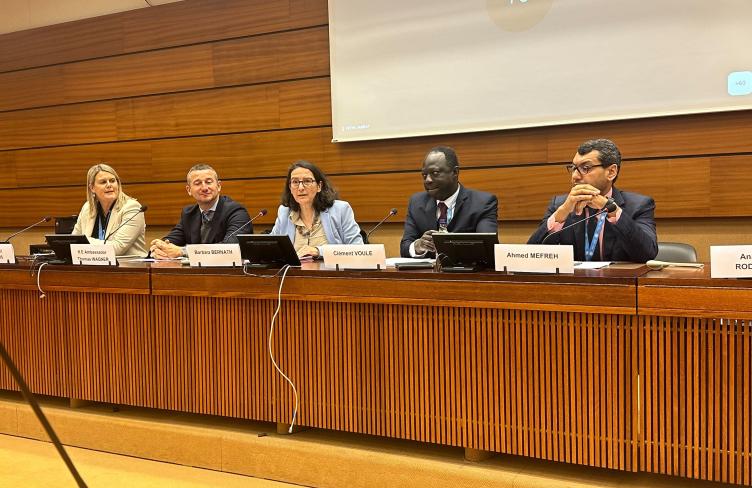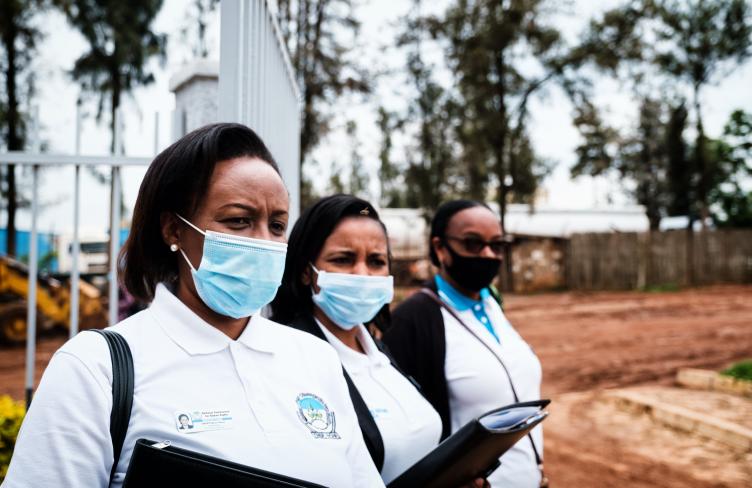
On Human Rights Day 2020 the UK’s National Preventive Mechanism published a report from the United Nations Subcommittee on Prevention of Torture, following their first ever visit to the UK in 2019. The UK NPM also published their response to the report. Here, UK NPM Chair John Wadham discusses some of the important recommendations made by the Subcommittee.
The UK National Preventive Mechanism (NPM) is made up of 21 member organisations who monitor and inspect places of detention. NPM members work in England, Wales, Scotland and Northern Ireland and include both professional inspectorates and lay-visiting bodies.
The scale and complexity of the UK NPM presents distinct opportunities and challenges, many of which are highlighted by the UN Subcommittee on Prevention of Torture’s (SPT) in their report on the UK NPM.
I am particularly proud of the SPT’s recognition that the UK NPM has “a positive and durable impact on preventing torture and other cruel, inhuman or degrading treatment or punishment.” Every year, the UK’s NPM make nearly 70,000 visits to prisons, young offender institutions, immigration detention facilities, police custody, court custody and to observe escorts. This is a remarkable achievement and a strength of the UK’s NPM.
However, the SPT also highlight some of the challenges within the UK NPM. Their report makes welcome recommendations on key concerns, particularly in relation to the NPM’s institutional framework.
The UK NPM was created over a decade ago. Yet it still operates without any underpinning legislation. The absence of legislation for the NPM has been raised repeatedly by the NPM itself. It has also been highlighted by a UK parliamentary committee and international human rights bodies.
The SPT emphasises that legislation which enshrines the role of the NPM is necessary for compliance with the Optional Protocol to the Convention Against Torture (OPCAT). The SPT add that legislation is an essential safeguard for NPM independence, effectiveness and credibility.
The SPT’s clear recommendations on NPM legislation are invaluable. Not only do their observations reiterate our long-standing concerns, but they act as further reminders to Government that NPM legislation must be prioritised to ensure the UK meets international standards.
The UK NPM’s human rights-based approach is another area explored in the SPT report. The Subcommittee encourages the NPM to reinforce a preventive focus into our work.
Prevention is a defining feature of OPCAT and a primary focus for NPM members. However, as we note in our response to the Subcommittee, this area of our work requires some strengthening. Positively, the NPM has committed to carrying out a thematic project on prevention in 2021. Using the SPT’s insights as guidance, we hope to examine our preventive role and what this looks like in practice more closely.
Over ten years on from the UK NPM’s designation and 17 years since the UK Government ratified OPCAT, the SPT’s report is a timely reminder of our important human rights role. We look forward to future work with the SPT to help strengthen our joint role in preventing torture and ill-treatment for those in detention.
John Wadham, Chair of the UK NPM


